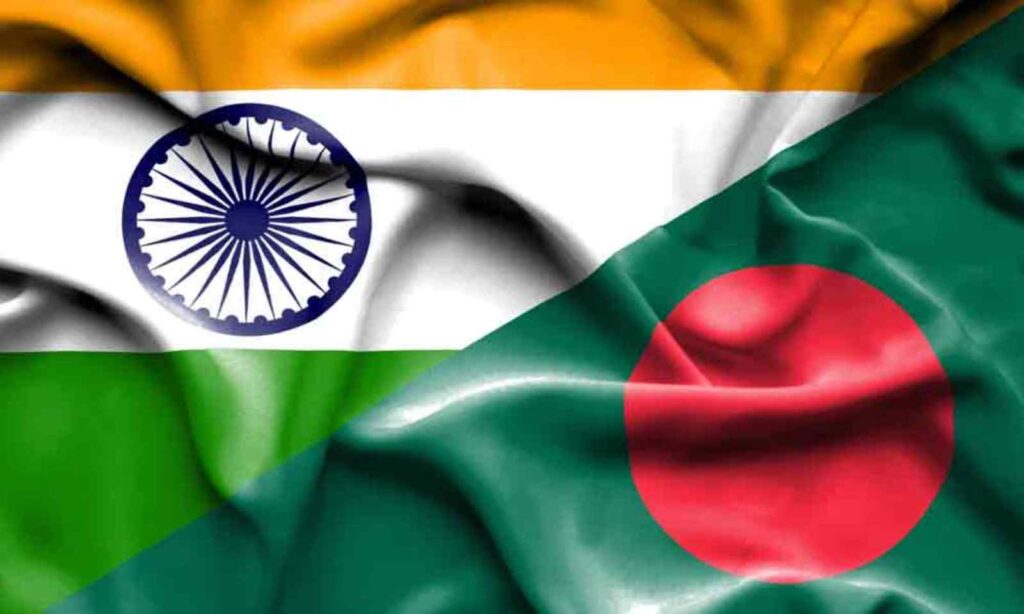Bimal Pramanik
Director, Centre for Research in Indo-Bangladesh Relations
প্রশ্নঃ নেপাল ও গোপাল দুই ভাই। জমি নিয়ে বিরোধ তাদের দীর্ঘদিন। অনেক নালিশ বিচার করেও কেউ তাদের বিরোধ মেটাতে পারেনি। কেউ কাউকে ছাড় দিতে নারাজ। এখন জমির ভাগ বন্টন নিয়ে মামলা চলছে আদালতে। ছোটভাই নেপাল বড়ভাইকে শায়েস্তা করতে আব্দুল নামে এক মুসলমানের কাছে নিজের জমির এক অংশ বিক্রি করে। আব্দুল সেখানে বাড়ি বানিয়ে স্থায়ীভাবে বসবাস শুরু করে। কোরবানীর ঈদে সে নেপালের বাড়ির সামনে গরু কোরবানি দেয়। নেপালের মন ভেঙে যায়। কিছুদিন পর কাউকে কিছু না বলে জমি-জমা ফেলে সপরিবারে ভারতে চলে যায় সে।
How does this type of communal narrative choose for the 12 class standard question in the board final examination? After investigation by the higher authority, it has been revealed that a team composed of four members has set the Bangla language paper question and another team from different colleges was engaged for the moderation of the question.
My questions as follow : How can all the related members agree on a provocative communal narrative for the teenage student group? What was the motive behind it ? Were they influenced by the Government policies or societal development of present Bangladesh ?
If we look back in the era of the present ruling government, we find that there were some decisions which had been implemented by them who were in the helm of affairs which were not conducive for the liberal democratic societal development and building relations among the different religious and ethnic communities. Literature
- To establish Upazila-wise Model mosques with different facilities to promote Islamic environment in the society from the ground level.
- Replacement of all Hindu and liberal authors (writers/poet/litterateur ) creation from the school syllabi including Rabindranath Tagore by the Pro-Pakistani and Pro-Islamic authors. All these happened to identify Bangladesh culturally and nationally proximate within the Islamic influence ignoring common liberal Bengali culture. Ultimate result is, communal atrocities have come down on the minority non-Muslim communities (Hindu, Buddhists, Adivasi, etc.) and rapidly growing radical Islamic influence in the schools and colleges.

